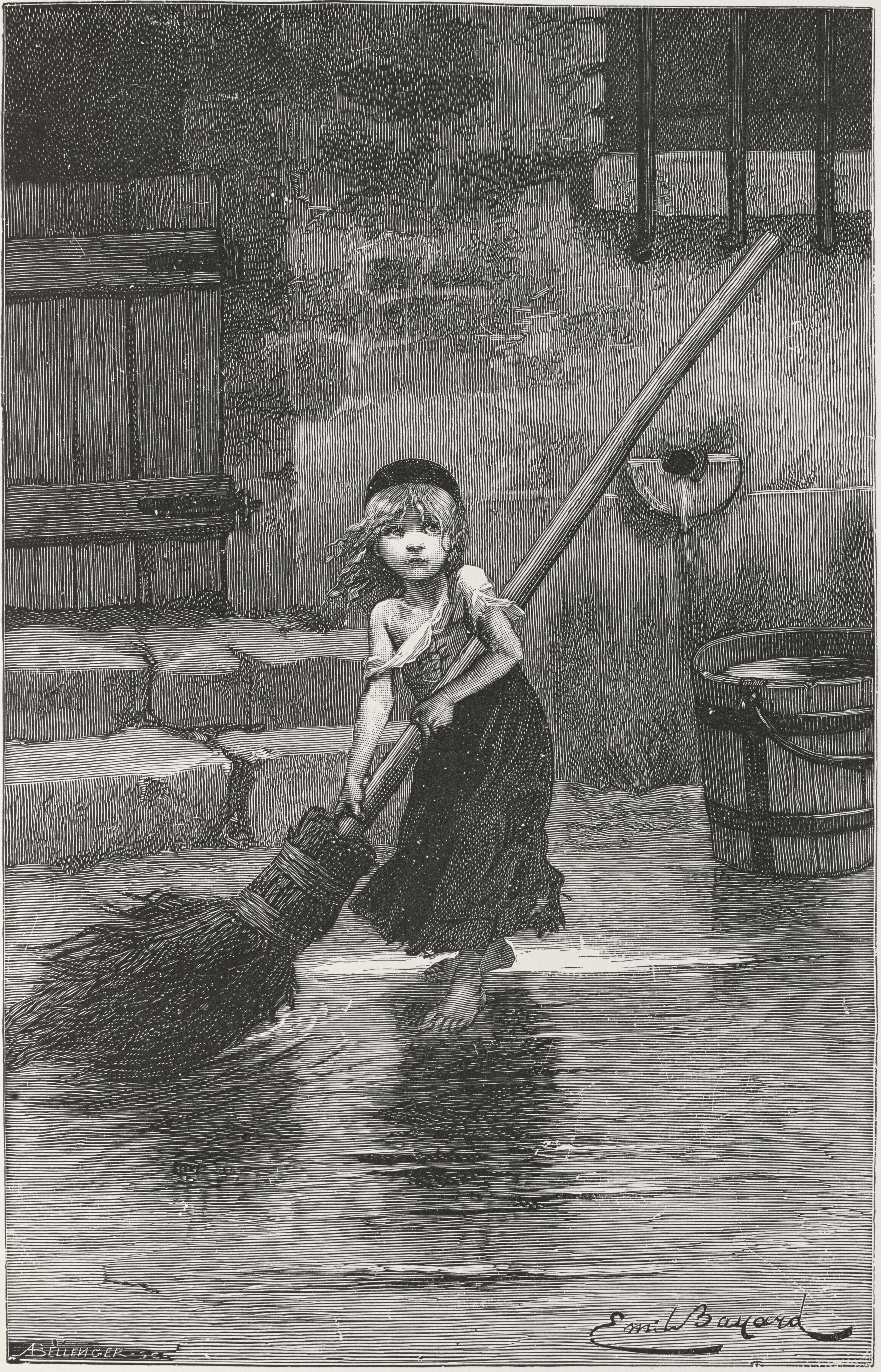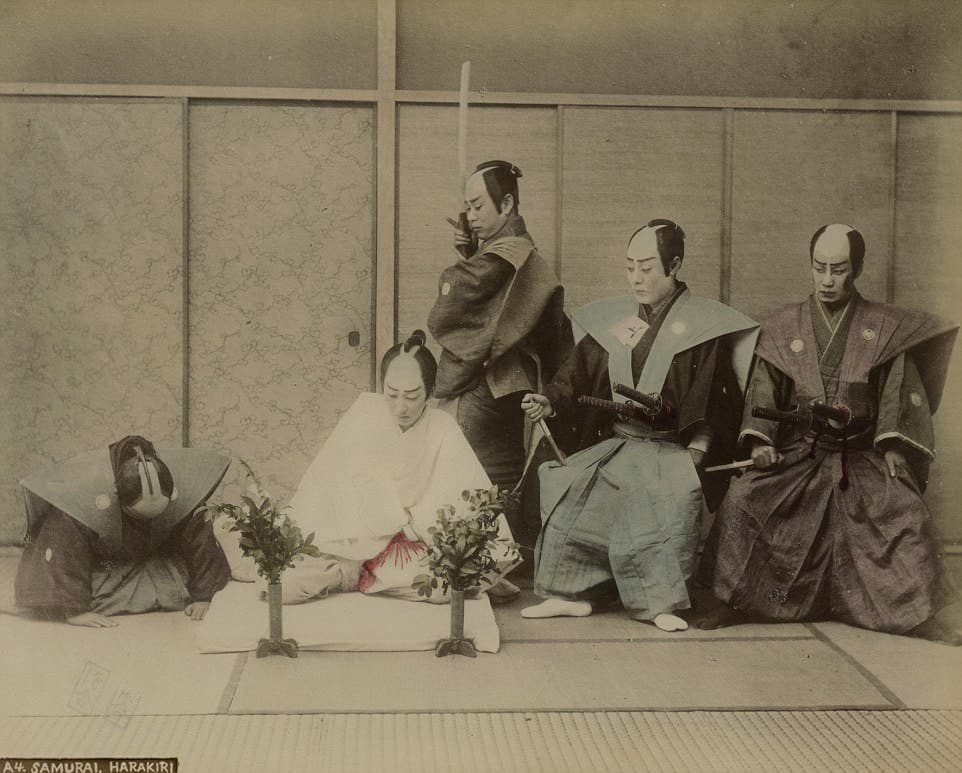|
Abduction Of Shin Sang-ok And Choi Eun-hee
The abduction of Shin Sang-ok and Choi Eun-hee occurred in North Korea between 1978 and 1986. Shin Sang-ok was a famous South Korean film director who had been married to actress Choi Eun-hee. Together, they established Shin Film and made many films through the 1960s which garnered recognition for South Korea at various film festivals.Fischer, Paul (2015). ''A Kim Jong-Il Production: The Extraordinary True Story of a Kidnapped Filmmaker, His Star Actress, and a Young Dictator's Rise to Power''. Flatiron Books. . In 1978, Choi was abducted in Hong Kong and taken to North Korea to the country's future supreme leader Kim Jong-il. The abduction of Shin followed six months later. After three years in prison, Shin was united with Choi, and the two were instructed by Kim Jong-il to make films for him in order to gain global recognition for North Korea's film industry.Martin, Bradley K. (2004). ''Under the Loving Care of the Fatherly Leader''. New York: Thomas Dunne Books. p. 334. . Aft ... [...More Info...] [...Related Items...] OR: [Wikipedia] [Google] [Baidu] |
North Korea
North Korea, officially the Democratic People's Republic of Korea (DPRK), is a country in East Asia. It constitutes the northern half of the Korean Peninsula and shares borders with China and Russia to the north, at the Yalu (Amnok) and Tumen rivers, and South Korea to the south at the Korean Demilitarized Zone. North Korea's border with South Korea is a disputed border as both countries claim the entirety of the Korean Peninsula. The country's western border is formed by the Yellow Sea, while its eastern border is defined by the Sea of Japan. North Korea, like its southern counterpart, claims to be the legitimate government of the entire peninsula and adjacent islands. Pyongyang is the capital and largest city. In 1910, Korea was annexed by the Empire of Japan. In 1945, after the Japanese surrender at the end of World War II, Korea was divided into two zones along the 38th parallel, with the north occupied by the Soviet Union and the south occupied by the U ... [...More Info...] [...Related Items...] OR: [Wikipedia] [Google] [Baidu] |
Pulgasari
''Pulgasari'' () is a 1985 North Korean horror-action kaiju film directed by Shin Sang-ok. It stars Chang Son Hui and Pak Sung Ho and features special effects by Duk Ho Kim, supervised by Teruyoshi Nakano. The film centers around the legend of the Bulgasari and is based on the lost 1962 film from South Korea of the same name. Director Shin had been kidnapped in 1978 by North Korean intelligence on the orders of Kim Jong-il, son of the then-ruling Kim Il-sung and was coerced into making several films as a director, with ''Pulgasari'' being his final before he and his wife, actress Choi Eun-hee, escaped to the United States.Backrow BanterThe Dear Leader, The Director And The Director’s Wife/ref> Plot In feudal Korea, during the Goryeo Dynasty, a king controls the land with an iron fist, subjecting the peasantry to misery and starvation. An old blacksmith who was sent to prison for defending his people creates a tiny figurine of a monster by making a doll of rice and bef ... [...More Info...] [...Related Items...] OR: [Wikipedia] [Google] [Baidu] |
Salt (1985 Film)
''Salt'' ( ko, 소금, ) is a 1985 North Korean tragedy film directed by Shin Sang-ok. It is the third of his North Korean films after he and his wife Choi Eun-hee were abducted and brought to the country against their will. Choi stars in ''Salt'' as an unnamed mother who disapproves of her son after he runs away with guerrillas, but eventually comes to see them as fighting for a just cause. The film is set in 1930s Kando (Jiandao) where ethnic Koreans are persecuted by the Chinese and Japanese. The film employed a new virtue in North Korean cinema of short and condensed stories instead of multi-part epics. Unusual for a North Korean film, it was favorably reviewed by foreign critics. Choi's performance in particular is praised for realism. She was awarded the Best Actress prize at the 14th Moscow International Film Festival in 1985 for her role. Plot The film opens with a quote from the Bible (for the first time in the history of North Korean cinema where only quotations ... [...More Info...] [...Related Items...] OR: [Wikipedia] [Google] [Baidu] |
Manchuria
Manchuria is an exonym (derived from the endo demonym "Manchu") for a historical and geographic region in Northeast Asia encompassing the entirety of present-day Northeast China (Inner Manchuria) and parts of the Russian Far East ( Outer Manchuria). Its meaning may vary depending on the context: * Historical polities and geographical regions usually referred to as Manchuria: ** The Later Jin (1616–1636), the Manchu-led dynasty which renamed itself from "Jin" to "Qing", and the ethnicity from "Jurchen" to "Manchu" in 1636 ** the subsequent duration of the Qing dynasty prior to its conquest of China proper (1644) ** the northeastern region of Qing dynasty China, the homeland of Manchus, known as "Guandong" or "Guanwai" during the Qing dynasty ** The region of Northeast Asia that served as the historical homeland of the Jurchens and later their descendants Manchus ***Qing control of Dauria (the region north of the Amur River, but in its watershed) was contested in 1643 ... [...More Info...] [...Related Items...] OR: [Wikipedia] [Google] [Baidu] |
Runaway (1984 North Korean Film)
''Runaway'' (, ) is a 1984 North Korean melodrama film directed by Shin Sang-ok. It was Shin's second film in North Korea after he and his wife Choi Eun-hee had been abducted there. ''Runaway'' stars Choe Sang-soo as the protagonist and Choi as his wife. ''Runaway'' is based on a short story of the same name set in the 1920s and written by Chae Seo-hae. The protagonist, Song Ryul has to return the countryside to see his ill father. After his cousin conspires with the Japanese occupiers to sell their crop, Song Ryul is forced to emigrate to Kando (Jiandao) in Manchuria. His family faces numerous adversities there and after a row with a local pharmacist, he is imprisoned. The prison is raided by Kim Il-sung and his guerrillas, who free the inmates, who take revenge on the Japanese by blowing up a railway. A real train was filled with explosives and exploded for the finale after Shin had jokingly asked for one. Shin considered the scene a pinnacle of his career, and it became a m ... [...More Info...] [...Related Items...] OR: [Wikipedia] [Google] [Baidu] |
Musical Film
Musical film is a film genre in which songs by the characters are interwoven into the narrative, sometimes accompanied by dancing. The songs usually advance the plot or develop the film's characters, but in some cases, they serve merely as breaks in the storyline, often as elaborate "production numbers". The musical film was a natural development of the stage musical after the emergence of sound film technology. Typically, the biggest difference between film and stage musicals is the use of lavish background scenery and locations that would be impractical in a theater. Musical films characteristically contain elements reminiscent of theater; performers often treat their song and dance numbers as if a live audience were watching. In a sense, the viewer becomes the diegetic audience, as the performer looks directly into the camera and performs to it. With the advent of sound in the late 1920s, musicals gained popularity with the public and are exemplified by the films of Busb ... [...More Info...] [...Related Items...] OR: [Wikipedia] [Google] [Baidu] |
Chunhyangjeon
''Chunhyangjeon'' (춘향전; 春香傳; lit. ''The Story of Chunhyang or'' ''The Tale of Chunhyang'') is one of the best known love stories and folk tales of Korea. It is based on the pansori ''Chunhyangga'', the most famous of the five surviving pansori tales. William E. Skillend Kodae Sosol Date of composition and author are unknown and the present form took shape between 1694-1834. Main characters * Seong Chunhyang (Spring Fragrance) is the main female character, kisaeng Wolmae's daughter. She is very beautiful and also talented in poetry and arts. She falls in love with Yi Mongryong. * Yi Mongryong is the main male character who is the son of a government official (Magistrate). He is an intelligent and handsome man. He falls in love with Chunhyang at first sight. * Hyangdan is Chunhyang's servant. She is devoted to Chunhyang. * Bangja is Mongryong's male servant. * Wolmae (Moon Plum) is Chunhyang's mother who used to be a gisaeng. * Byeon Hakdo is the replacement official of ... [...More Info...] [...Related Items...] OR: [Wikipedia] [Google] [Baidu] |
Folklore
Folklore is shared by a particular group of people; it encompasses the traditions common to that culture, subculture or group. This includes oral traditions such as Narrative, tales, legends, proverbs and jokes. They include material culture, ranging from traditional building styles common to the group. Folklore also includes Tradition, customary lore, taking actions for folk beliefs, the forms and rituals of celebrations such as Christmas and weddings, folk dances and Rite of passage, initiation rites. Each one of these, either singly or in combination, is considered a Cultural artifact, folklore artifact or Cultural expressions, traditional cultural expression. Just as essential as the form, folklore also encompasses the transmission of these artifacts from one region to another or from one generation to the next. Folklore is not something one can typically gain in a formal school curriculum or study in the fine arts. Instead, these traditions are passed along informally from o ... [...More Info...] [...Related Items...] OR: [Wikipedia] [Google] [Baidu] |
Love, Love, My Love
''Love, Love, My Love'' () is a 1985 North Korean musical film in the genre of romantic melodrama. The film was directed by Shin Sang-ok while he and his wife Choi Eun-hee were abductees in North Korea. The film was produced by Shin's North Korean company Shin Films. The plot is based on the Korean folk tale, The Tale of Chunhyang. Chunhyang falls in love with the upper-class Ri Mong-ryong, but they must marry in secret. Mong-ryong is sent away to become a government official. While he is away, Chunhyang is imprisoned by a corrupt governor. Mong-ryong returns just in time to save her from execution and the two can publicly proclaim their love. Jang Song-hui who plays the lead part of Chunhyang was an unusual choice. Her features were sharp and Western, which was not what Kim Jong-il, whose preferences were usually followed, appreciated in a woman. Shin's wife Choi Eun-hee makes an appearance as Chunhyang's mother. Shin utilized techniques from North Korean mass games to re ... [...More Info...] [...Related Items...] OR: [Wikipedia] [Google] [Baidu] |
Hara-kiri
, sometimes referred to as hara-kiri (, , a native Japanese kun reading), is a form of Japanese ritual suicide by disembowelment. It was originally reserved for samurai in their code of honour but was also practised by other Japanese people during the Shōwa period (particularly officers near the end of World War II) to restore honour for themselves or for their families. As a samurai practice, ''seppuku'' was used voluntarily by samurai to die with honour rather than fall into the hands of their enemies (and likely be tortured), as a form of capital punishment for samurai who had committed serious offences, or performed because they had brought shame to themselves. The ceremonial disembowelment, which is usually part of a more elaborate ritual and performed in front of spectators, consists of plunging a short blade, traditionally a ''tantō'', into the belly and drawing the blade from left to right, slicing the belly open. If the cut is deep enough, it can sever the abdomina ... [...More Info...] [...Related Items...] OR: [Wikipedia] [Google] [Baidu] |
Korea Under Japanese Leadership
Between 1910 and 1945, Korea was ruled as a part of the Empire of Japan. Joseon Korea had come into the Japanese sphere of influence with the Japan–Korea Treaty of 1876; a complex coalition of the Meiji government, military, and business officials began a process of integrating Korea's politics and economy with Japan. The Korean Empire, proclaimed in 1897, became a protectorate of Japan with the Japan–Korea Treaty of 1905; thereafter Japan ruled the country indirectly through the Japanese Resident-General of Korea. Japan formally annexed the Korean Empire with the Japan–Korea Treaty of 1910, without the consent of the former Korean Emperor Gojong, the regent of the Emperor Sunjong. Upon its annexation, Japan declared that Korea would henceforth be officially named Chōsen. This name was recognized internationally until the end of Japanese colonial rule. The territory was administered by the Governor-General of Chōsen based in Keijō (Seoul). Japanese rule prioritized Kor ... [...More Info...] [...Related Items...] OR: [Wikipedia] [Google] [Baidu] |
Japanese-Korean Protective Treaty Of 1905
{{disambig ...
Japanese Korean or Korean Japanese might refer to: * Japan-Korea relations *Japanese Korean Army *Japanese people in North Korea * Japanese people in South Korea *Korea under Japanese rule *Koreans in Japan, including Zainichi Koreans and Japanese citizens of Korean descent **The Zainichi Korean language, a variety of Korean spoken in Japan *a hypothetical language family including Japanese and Korean, or some ancient languages of the Korean peninsula ( Japanese–Koguryoic languages) *Comparison of Japanese and Korean The geographically close languages of Japanese (part of the Japonic languages) and Korean (part of the Koreanic languages) share considerable similarity in typological features of their syntax and morphology while having a small number of l ... [...More Info...] [...Related Items...] OR: [Wikipedia] [Google] [Baidu] |




.jpg)


